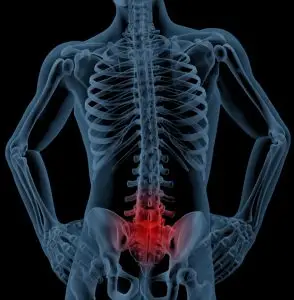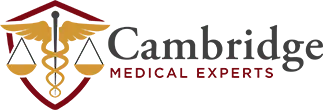
A court in Illinois has returned a verdict in favor of the defendants in a medical malpractice lawsuit, namely a neurosurgeon who treated the plaintiff for a back injury and the hospital where the plaintiff received treatment. The plaintiff had also named his primary care physician in the original complaint, but the case against the internal medicine doctor was dropped before the case went to trial.
The plaintiff, who was working as a tree trimmer at the time of the accident, injured his back on March 27, 2009 while rolling a log at work. Shortly after the accident, he visited his primary care physician, complaining of pain in his left leg and lower back. The primary care physician referred the plaintiff to the defendant neurosurgeon.
The neurosurgeon diagnosed the plaintiff with a herniated disc of the spinal L4 vertebra. He performed several procedures to repair it, namely a discectomy, foraminotomy, and laminotomy. After the surgery, the plaintiff’s condition got worse. The neurosurgeon had removed a substantial amount of bone, causing the patient to suffer from mechanical instability. Additionally, the surgery had failed to relieve the compression of the plaintiff’s nerves, and because of the resulting nerve damage, he began having problems with bladder and bowel control.
Less than a month after his last visit with the defendant neurosurgeon, the plaintiff saw another neurosurgeon, who diagnosed him with cauda equina syndrome and performed another back surgery. The plaintiff’s health improved after he received treatment from the second neurosurgeon; his bladder and bowel control returned to normal.
Cauda equina syndrome results from damage to the cauda equina, a group of nerves just below the spinal cord that control sensation in the pelvic region; nerve compression due to a herniated disc is a common cause of the syndrome. If untreated, the nerves can become permanently damaged, causing the patient to suffer permanent problems such as sexual dysfunction and loss of bladder and bowel control, or even paralysis. The recommended treatment for cauda equina syndrome is removal of whatever is compressing the nerves of the cauda equina; surgery is often indicated, but if the nerve compression is caused solely by inflammation, then steroids are the preferred treatment. Whatever the etiology, prompt treatment of the underlying cause improves the prognosis.
In 2011, the plaintiff filed a complaint against the primary care physician, the neurosurgeon who operated on his spinal L4, and the hospital where he was treated. He originally sought approximately $1.27 million in damages for his injuries. Attorneys for the plaintiff alleged that it was within the primary care physician’s duty of care to refer him to a competent specialist. The primary care physician in fact referred the plaintiff to a neurosurgeon, but the plaintiff alleges that the neurosurgeon to whom he was referred made an incorrect diagnosis. Early on in the proceedings, it was determined that the primary care physician did not breach the duty of care by referring the plaintiff to the defendant neurosurgeon. Any errors made by the defendant neurosurgeon did not amount to negligence on the part of the primary care doctor. Thus, the primary care physician was dropped from the lawsuit, and the plaintiff continued with his case against the other defendants.
The plaintiff alleged that the defendant neurosurgeon’s negligence was represented by his failure to conduct the appropriate tests to make an accurate diagnosis and by his haste in performing an invasive surgery that did not treat the underlying problem, thus allowing the plaintiff’s condition to deteriorate. He alleged that the defendant neurosurgeon removed more bone than was necessary, thus negatively impacting the plaintiff’s mechanical stability. He also alleged that the defendant failed to identify the plaintiff’s fratibral bodies.
The defendant argued that the worsening of the patient’s condition was not and could not have been the result of any errors on the part of the defendant. By the time the plaintiff first came to him, the attorneys for the defendant argued, three months had passed since the accident in which the plaintiff sustained his back injury. He argued that the critical period for preventing nerve damage after a back injury is 72 hours. The sooner that treatment, whether through surgery or anti-inflammatory drugs, alleviates the compression of the nerves, the sooner they can heal.
At trial, the jury returned a verdict in favor of the defendants. They found that the neurosurgeon’s actions did not constitute negligence. It appears that the plaintiff actually received appropriate treatment before suffering irreversible damage, seeing as he was able to regain control of his bodily functions.
Cases like this one require attorneys to rely extensively on medical expert witnesses. The parties in medical malpractice cases and their counsel must consult experts every step of the way. In this case, their expertise enabled the primary care physician to demonstrate that he had upheld the standard of care by making a referral. The experts also helped the jury understand the many treatments involved in this case, as well as their risks. Whether you represent a plaintiff or a defendant in a medical malpractice case, medical expert witnesses can help you win your case.
Sources
https://madisonrecord.com/stories/511461687-medical-malpractice-suit-at-trial-in-lopinot-s-court


